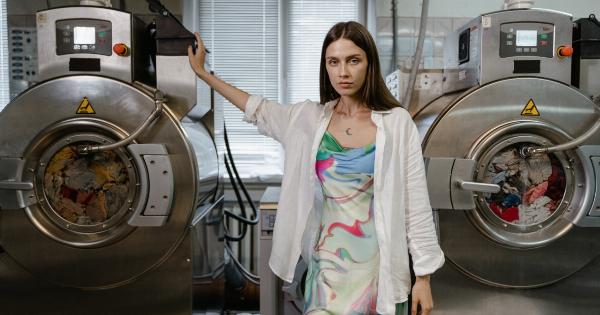A new study has found that a common chemical used in the production of certain recyclable materials may be linked with infertility problems.
The chemical in question, bisphenol A, or BPA, has already been shown to disrupt hormones in the human body, and is commonly used in the production of plastics, resins, and other materials.
What is BPA?
BPA is a synthetic compound that has been used for decades in the manufacture of plastics, resins, and other products.
It is also a common ingredient in the production of food packaging and household products like water bottles, plastic containers, and canned goods.
In recent years, BPA has come under scrutiny as studies have linked the chemical to a number of health problems, including hormonal disruptions, cancer, and fertility issues.
The Study
The latest study was conducted by researchers at the University of Illinois at Urbana-Champaign. They examined samples of recycled paper and paperboard products and found that many contained high levels of BPA.
The researchers were particularly concerned about the presence of BPA in recycled paper products because the chemical can migrate into food and beverages that come into contact with the materials.
The Dangers of BPA
BPA is known to have hormonal effects on the human body. Studies have shown that exposure to the chemical can disrupt normal hormone function, leading to a range of health problems. In particular, BPA has been linked to infertility in men and women.
Other potential health risks associated with BPA exposure include cancer, obesity, diabetes, and heart disease.
Reducing Exposure to BPA
There are a number of steps that individuals can take to reduce their exposure to BPA. These include:.
- Avoiding plastic containers with recycling codes 3 or 7, which indicate they may contain BPA
- Avoiding canned foods that may be lined with BPA-containing materials
- Using glass, porcelain, or stainless steel containers for food and beverages
- Avoiding processed foods that may contain BPA
- Washing hands thoroughly after handling receipts, which may contain BPA
- Consume organic foods when possible
The Bottom Line
The study’s findings suggest that BPA is a potentially harmful chemical that is present in a wide range of products.
In particular, the researchers found that recycled paper and paperboard products were a significant source of the chemical, which could put individuals at risk for health problems.
Reducing exposure to BPA is an important step in protecting one’s health, and the study’s authors suggest that manufacturers should take steps to reduce or eliminate the use of the chemical in their products.






























